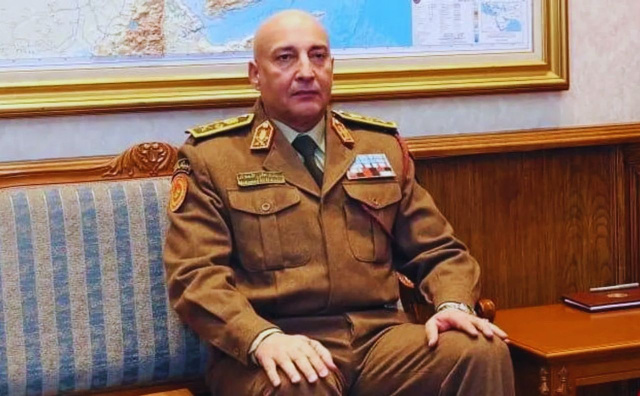Libya’s top military commander has died in a plane crash in Turkey, a loss confirmed by Libyan Prime Minister Abdul-Hamid Dbeibah late on Tuesday.
General Mohammed Ali Ahmed al-Haddad was among five people on board a Falcon 50 business jet that went down after departing Ankara for Tripoli. The aircraft had taken off from Esenboga Airport at around 8:30 p.m. local time and lost contact approximately 40 to 42 minutes later. According to Turkish Interior Minister Ali Yerlikaya, radar and communication signals from the jet disappeared at 20:52 local time. Before contact was severed, the crew issued a request for an emergency landing.
Libyan officials later said the aircraft suffered a technical malfunction roughly half an hour into the flight, after which communication was completely lost. The crash occurred near Haymana, a district south of the Turkish capital. Turkish authorities subsequently confirmed that wreckage had been located in the area, though initial statements did not immediately clarify the fate of those on board. Security camera footage broadcast by Turkish television stations showed a sudden flash in the night sky over the district, consistent with an explosion.
Prime Minister Dbeibah said the accident happened as the Libyan delegation was returning from an official visit to Ankara. In a statement, he described the incident as a “tragic accident” and called al-Haddad’s death a “great loss” for the country.
General al-Haddad was the highest-ranking military commander in western Libya and a central figure in United Nations-backed efforts to reunify Libya’s fractured armed forces, which, like many state institutions, remain divided after years of conflict. During his visit to Turkey, he had met with Turkish Defense Minister Yasar Guler and other senior officials.
Following the disappearance of the aircraft, Ankara airport was temporarily closed, and several flights were diverted to other destinations, according to Turkish media reports. Novinite






